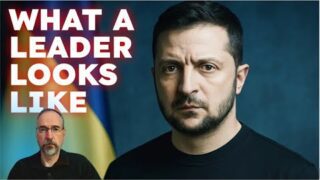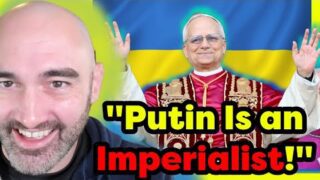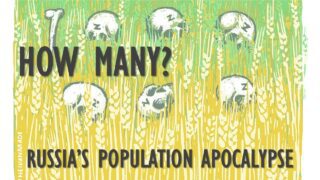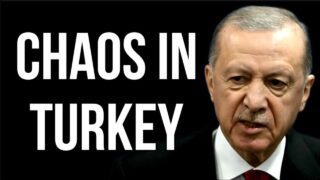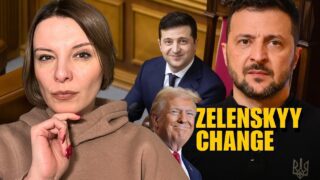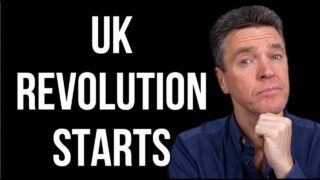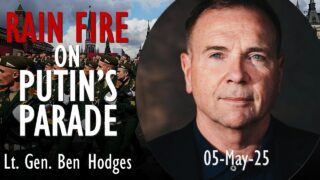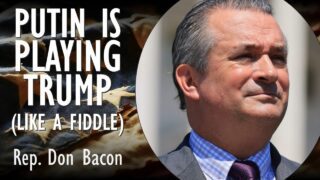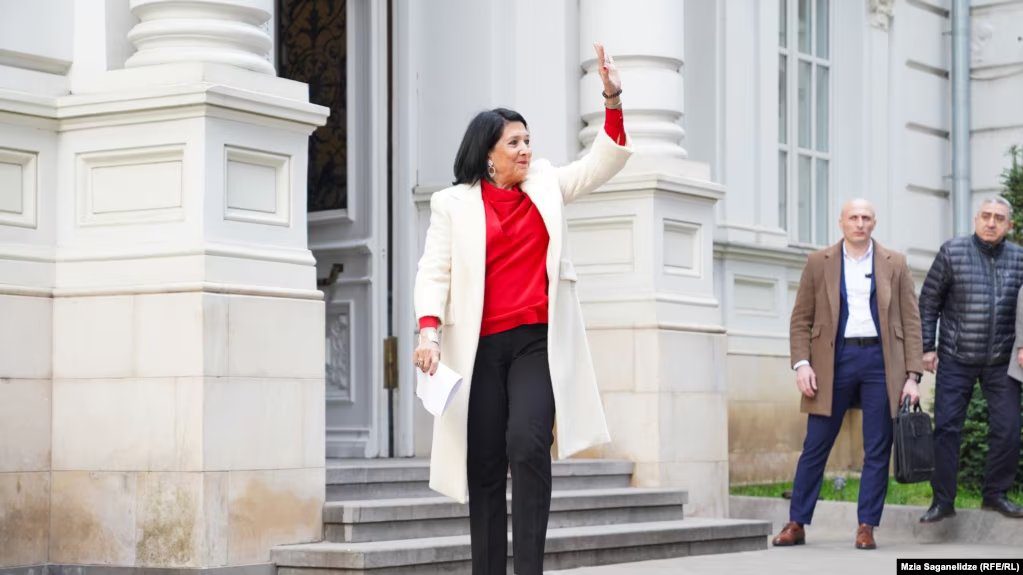
“I take the legitimacy with me.” Georgia’s President exits palace as new pro-Russian leader takes power
In a contested parliamentary ceremony, pro-Russian politician Mikhail Kavelashvili was sworn in as Georgia’s sixth president. At the same time, his predecessor, Salome Zourabishvili, addressed protesters outside the presidential palace in Tbilisi and left it afterward despite earlier promises to stay in the residence.
The inauguration came after a tense standoff over the presidential residence. Just yesterday, Zurabishvili had vowed to remain in the historic Orbeliani Palace, defying authorities’ threats of criminal prosecution. Her dramatic departure this morning caught many by surprise.
“This building was a symbol while a legitimate president resided here,” declared Zourabishvili from the steps of Orbeliani Palace, addressing her supporters who had gathered since morning. “I take with me the legitimacy, I take with me the flag, I take with me your trust.”
Opposition parties boycotted the inauguration amid growing tensions over Georgia’s democratic trajectory. Kavelashvili, a former footballer, is the first president in the nation’s post-Soviet history to be elected by an electoral college rather than by direct popular vote. This change has sparked fierce controversy.
The constitutional crisis deepened last month when Prime Minister Irakli Kobakhidze announced the delay of Georgia’s EU accession talks until 2028. The decision ignited widespread protests, leading to hundreds of arrests and accusations of police brutality.
“What we’re witnessing in parliament today is nothing but a parody,” Zourabishvili said, calling for new parliamentary elections as the only solution to the crisis.
Her position has gained international support, with US Helsinki Commission Chairman Joe Wilson recently recognizing her as “the only legitimate leader of Georgia.”
As the only legitimate leader in Georgia, I am grateful to extend an invite to President @Zourabichvili_S to attend the inauguration of President @realDonaldTrump. I am in awe of her courage in the face of the assault by Ivanishvili and his friends in the CCP & Iranian regime.
— Joe Wilson (@RepJoeWilson) December 27, 2024
The ruling Georgian Dream party, which controls the electoral college that appointed Kavelashvili, maintains the legitimacy of the process. However, opposition leaders argue the selection circumvents democratic norms and signals a shift toward Russian influence.
Several Western nations have responded with targeted sanctions against Georgian officials, including Interior Minister Vakhtang Gomelauri, citing concerns over the violent suppression of protests and democratic backsliding.
The political crisis shows no signs of abating, with opposition parties that crossed the threshold in October’s disputed parliamentary elections unanimously backing Zourabishvili and demanding fresh elections.
Read more:



